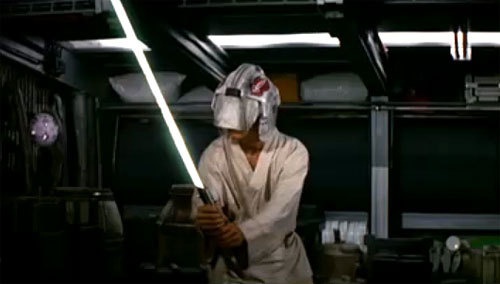Which MCAT Practice Tests Hone Your Skills The Best?
- by
- Nov 05, 2019
- Reviewed by: Amy Rontal, MD

Even for students starting off with high scores, taking practice tests is an essential step in preparing for your exam. However, it can be difficult to figure out which assessments are the best options and how to go about using them.
When I was studying for the MCAT, I would take a weekly full length where I would go through the exact same routine that I intended to implement on test day (i.e. I woke up at the same time, ate the same foods, etc.).
When I actually took my real exam, it almost felt like I was taking another practice test, and I attribute this to my taking practice exams under “real exam” conditions. After a certain point, the practice tests may not have been increasing my peak potential score, but they were increasing the probability of my achieving this peak.
So while frequent “real condition” practice tests can be harder to take as often on the new MCAT test due to the increase in the exam’s length, it is still something that should be done at least 3-4 times prior to your actual test day. Here are some pointers on maximizing the different assessments that are available:
A number of practice tests are available from various test prep companies for the MCAT. In addition, the AAMC has put out four full length exams (three of which were official MCAT tests given to students, so you can receive an accurate score) and a plethora of study material.
Which practice tests are the best?
1. The AAMC full-length exams are the only source that will really tell you where you are in your studying. Use these to predict your score on the real thing.
2. The “scaled” scores given by the companies’ practice exams have very little diagnostic value. Instead, it’s better to focus on your raw percentage correct. Some online forums have tried to make spreadsheets to correlate practice exam score with real score but these aren’t the best predictors.
3. Many students find the NextSteps exams to be the most representative of the rigor of the actual exam. However, the score given should be taken with a grain of salt.
With that said, I want to highlight a few points:
1. For diagnostic purposes, the official AAMC practice tests are far and away the best bet. How you do on the question pack questions should be used to home in on your weak points rather than diagnostics.
2. Scores on third party exams can look ugly, but that doesn’t mean you are doomed. Look for improvements in your raw percentage over time. Don’t get discourage with scores in the low 500s or even high 490s.
3. Most practice tests should be used predominantly to learn and improve test-taking skills, focus on the concepts, etc.
Here’s how I apply this with my students:
I like to have my students work through the non-FL AAMC materials throughout their study process. This allows them to get used to the uniqueness of the AAMC official questions, and it gives them continuous exposure to this style of question.
In addition, I prefer that students take full length tests once every couple of weeks (these can be from any of the test prep companies). This helps students get used to the length of the test and the stamina needed for such a long exam. It also helps students get used to answering questions from many different topics during a single test. Why?
Many students are fine doing kinematics questions when they know they’re working on a kinematics passage but get disoriented when presented with the very same questions within a full length exam. This is a skill that is best improved with full-length tests. In addition, thoroughly reviewing tests as I said above, is one of the best ways for improving content understanding. With these full lengths, I don’t worry too much about the scaled score on the exams; I just look for improvement.
Finally, after all content review is complete — ideally a few weeks before test day, I have all students begin taking AAMC FL exams about once a week. These tests are as close as it gets to the real thing, so taking it near the test date is ideal because that will give you an idea about how you will do.
If you have any questions regarding the MCAT practice test or feedback, please let us know. Good luck, and may the force be with you!









